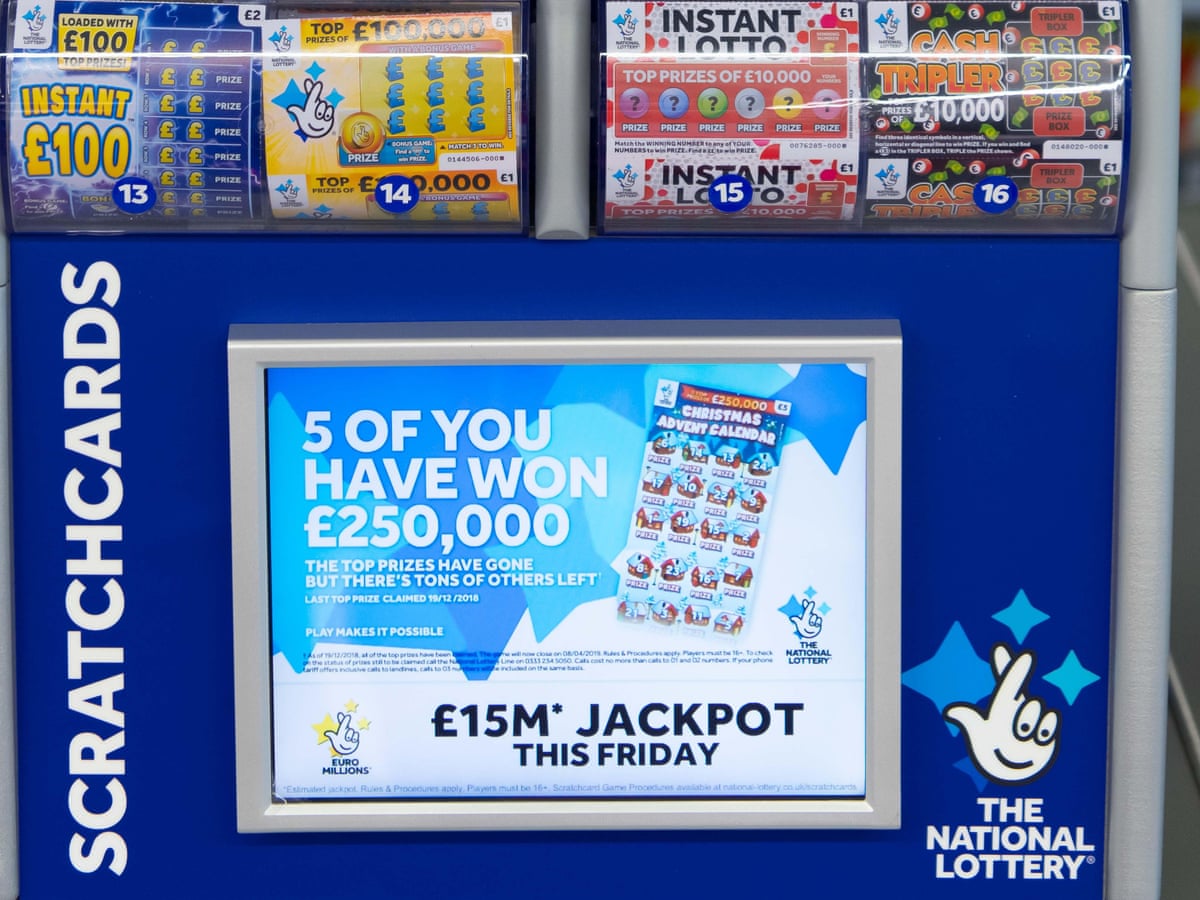
The lottery is a form of gambling where people pay money to have a chance to win a prize. The prizes range from cash to goods or services. Some governments regulate the lottery, while others endorse it but do not regulate it. In the United States, lotteries contribute billions in revenue each year. Many people play for fun while others believe that winning the lottery is their answer to financial problems. While winning the lottery can be great, many winners find themselves broke soon after winning. This is because they mismanage their newfound wealth.
Lottery tickets are normally sold for a minimum of $1, and the proceeds are pooled together for the prize. Usually, a percentage of the total funds is deducted for costs and profits to organizers or sponsors. This leaves a portion for the winners, who are paid out according to rules. Those rules typically stipulate the size of the prizes, how often they are awarded, and how many times a winner must match a number to win.
Some lotteries have very large jackpots, which attract attention and increase ticket sales. Some of these jackpots have to be “rolled over” to increase the chances of someone winning, which is a way to encourage more people to play the game. A rollover jackpot also gives the lottery more publicity on news sites and TV.
Traditionally, the lottery has been a popular way to raise money for public goods and private projects. In colonial America, for example, it played a role in financing roads, libraries, schools, churches, canals, and bridges. It was also used to fund the military, militias, and universities.
The word lotteries dates back to the Middle Ages, although it could be a contraction of the Dutch verb “lot” (meaning fate) and the Latin noun lote (fate). The first state-sponsored lotteries were held in Europe in the 15th century. In the United States, the first state-regulated lotteries were in Georgia and Pennsylvania in the 1740s.
In the early days of lotteries, people drew numbers for prizes such as slaves or land. The lottery became more popular in the 18th and 19th centuries, when it was used to support the military and the economy. In the modern era, it is more common to use computerized systems to choose winners.
Historically, the biggest lottery prizes have been cash, although some cultures reward participants with goods that are more limited and high in demand. Examples include kindergarten placements in a reputable school and units in subsidized housing blocks, as well as vaccines for rapidly spreading diseases.
The biggest prizes are important for lottery sales because they create the impression that playing is worth the risk, even if the odds of winning are extremely low. However, there are still many ways that players can improve their chances of winning by understanding the laws of probability and the economics of the lottery. One of the most important aspects is to understand the ratio of success to failure. This ratio is known as the S/F or success-to-failure ratio. The better your S/F ratio, the more likely you are to win.